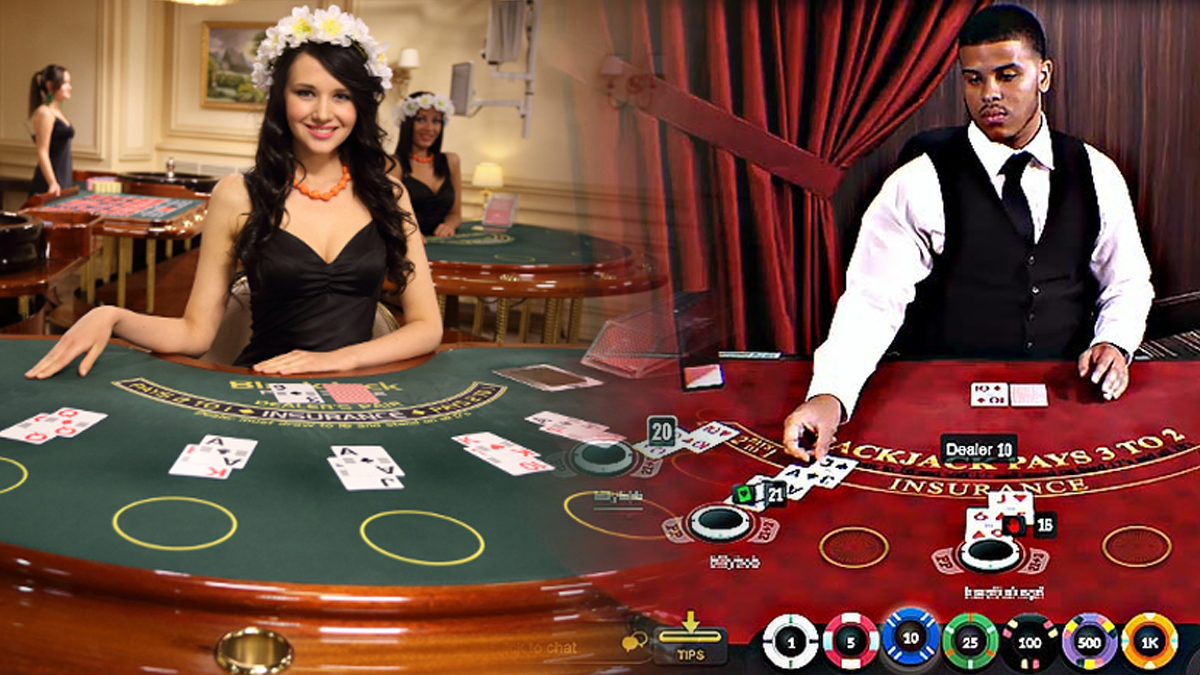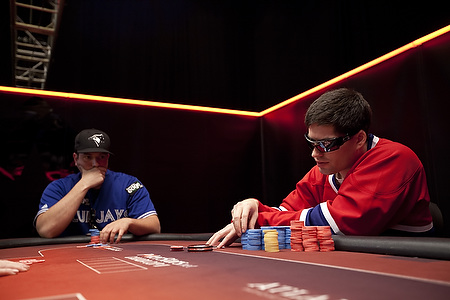Poker Table Talk Tips
11 Feb
(Photo: Assopoker.com)
- Poker Table Talk Can Help You Win One player who certainly uses table talk as a weapon is 2013 WSOP Main Event champion Ryan Reiss. Riess doesn’t try to tilt his opponents with table talk like some of his contemporaries such as Tony G. Riess instead makes friends with his opponent and uses that to his advantage.
- Welcome to TableTalk, where PokerAtlas members are the center of the action! Here you can ask questions, share experiences from the tables, talk strategy, seek advice, and discuss anything about poker and beyond. Ask some questions, tell some stories, help each other out, and have some fun! Ask Questions, Talk Poker, and Have Fun!
Tips From the Full Tilt Pros, on February 24, 2009 I talk a lot at the table. I like meeting people, and poker tournaments give me the opportunity to chat with a lot of nice folks.
The issue of what is and isn't appropriate at the poker tables in terms of table talk took center stage during the 2016 WSOP Main Event.
The focus of the controversy was directed toward William Kassouf, whose continuous banter turned out to be an effective weapon against his opponents. If you were watching at home or have seen the video and you put yourself in the camp of those who found Kassouf to be extremely annoying, you certainly are not alone.
Table Talk is not Going Away
Let's face it. Table talk will never be completely banished, nor should it. Poker is a social game and is made to be fun, and that includes talking to each other at the table.
What, then, is the best way to effectively deal with the talk of other players when you don't necessarily care to hear what they have to say? How best to defend against the psychological warfare and mind games of the William Kassoufs of the world?
Ask Alec
Alec Torelli covers that subject quite well in an 'Ask Alec' video, informing his viewers that its best to respond to players who are trying to get under your skin in a way that's 'conducive and comfortable for your personality.' However, be forewarned that if your personality and inclination is to haul off and smack a Kassouf-like player who rambles on incessantly, though it may be well-deserved, it is not the best response.
Torelli mentions playing the game on your own terms and not on the terms of that chatty opponent who is aiming to get an edge. Keep in mind that whatever your response may be, whether said or left unsaid, is information that the talkative player is trying to glom from you to further his or her aim of separating you from your chips.
In other words, be cognizant of your words, actions, and table image because the entire table - not only the motormouth - are watching. This same tip was also mentioned by Daniel Negreanu in a recent YouTube video that centered upon how best to play the early stages of tournaments.
Stick to the Game Plan
Another piece of advice from Alec is to not take anything said by your opponents personally. It can cause you to deviate from your game plan as your anger and blood pressure rise, which is likely the exact effect that the gabby player was hoping for.
Torelli says to 'focus on driving your own car straight and not really worry too much about the other cars around you' with regard to the proper approach toward annoying and incessant table talk.
There is no doubt that poker has changed a lot over the years.
From dingy back rooms in underground clubs to the bright lights of Vegas and the modern glory of online poker as we know it today.
There are a lot of reasons why poker boomed and continued to grow in popularity during the 2000’s and onward. One of those reasons is undoubtedly the boisterous characters that have shaped modern televised poker.
Names like Phil Hellmuth, Tony G, Mike Matusow and Daniel Negreanu instantly come to mind.
If table talk was an art form, these guys might be considered Picasso. Some new-age poker players, however, prefer to sit under their hoodies with headphones covering their ears.
They pay their buy-ins like everyone else, so that’s their choice, but they undoubtedly still have to deal with table talk every day at the poker table.
Like it or not, banter is a part of live poker and that’s not likely to change. Players can either make it a weapon in their arsenal, ignore it altogether or be indifferent towards it.
Poker Table Talk Can Help You Win

One player who certainly uses table talk as a weapon is 2013 WSOP Main Event champion Ryan Reiss.

Riess doesn’t try to tilt his opponents with table talk like some of his contemporaries such as Tony G. Riess instead makes friends with his opponent and uses that to his advantage.
“I feel like something as small as creating conversation with the person on your left or right can really help your game,” Riess says.
“Then when you get into those blind versus blind situations or I’m raising from the button they are probably less likely to three-bet me if I’ve been talking to them and we have had like a friendly conversation or camaraderie going on.”
Prominent Australian pro Jackie Glazier shares a similar sentiment to Riess. For most people it’s not too much of a challenge to simply be nice and treat someone with respect.
“If you make friends with someone at the table, they may then show me their cards if I make a fold on the river to them,” Glazier says.
“I feel like I really get shown a lot more cards by being nice to people at the table and that gives me more information and therefore more of an edge.”
Recent 2013 WSOP Millionaire Maker victor Jonathan Dimmig isn’t so explicit in using the “making-friends” method that Riess and Glazier seem to be utilizing, but he still uses table talk to get an extra edge.
“I definitely use table talk as a strategy sometimes,” Dimmig says. “When you talk to someone and find out how they think, you can really get a feel for what they are doing and then use that to your advantage when making decisions.”
Poker Table Talk as Means of Manipulation
Table talk isn’t just about being nice to your opponents or getting extra information. Sometimes you can simply manipulate a player to make a decision they may not usually make. Or you can even talk yourself into the making the wrong decision.
There was great example of the power of table talk back at the $1 million buy-in Big One For One Drop at the 2014 WSOP. Basically, Scott Seiver moved all in with an open-ended straight draw on the turn of a queen-high board with three clubs showing.
Seiver’s opponent, German high roller specialist Tobias Reinkemeier, went into the tank on the turn and started with the banter. At first it seemed like Reinkemeier was trying to use table talk to his advantage by getting some extra information from Seiver.
However, Seiver may have out-talked Reinkemeier and the German’s table talk may have had a negative effect as he seemed to have levelled himself.
Talking for the Good of the Game
There are more reasons than just strategy for table talk. You could also make an argument that table talk is important to the health of the game. Poker should be a fun, inviting place for recreational players.
If someone walks into a poker room for the first time and is berated for their bad play, or is just made to feel uncomfortable at all, they may never play poker again. That’s simply not good for the game.
Poker should be fun. It’s a simple statement but something that seems to have been lost on some players, be they those who berate others they think are not as good as them, or even those that just sit there saying nothing.
“Table talk is just straight up good for poker,” Riess adds. “It’s obviously better than everyone just sitting there like statues, not saying anything.”
Poker Table Talk Tips 5
Dimmig agrees with Riess.
“Table talk is definitely good for the game as it makes it fun” says Dimmig.
Poker Table Talk Tips Tricks
“I hated when they brought the no talking during hands rule into the game. I mean having people like Daniel Negreanu talking and having fun at the table is definitely good for the game.”